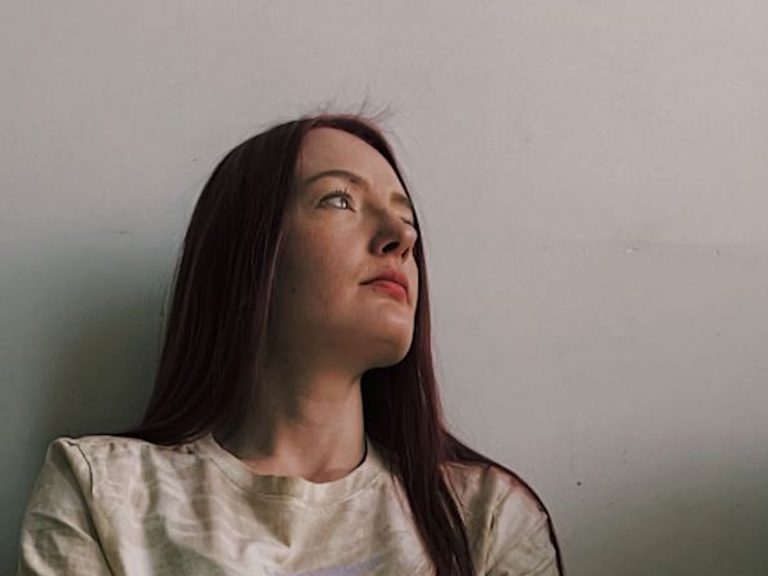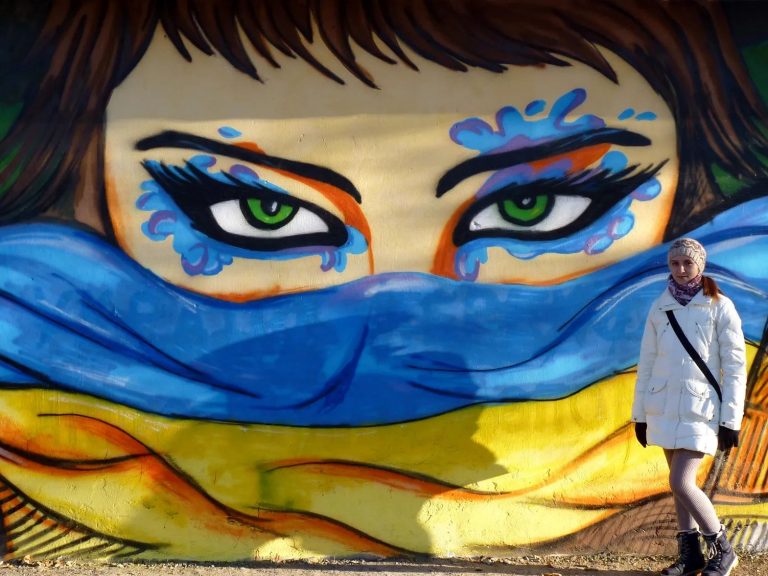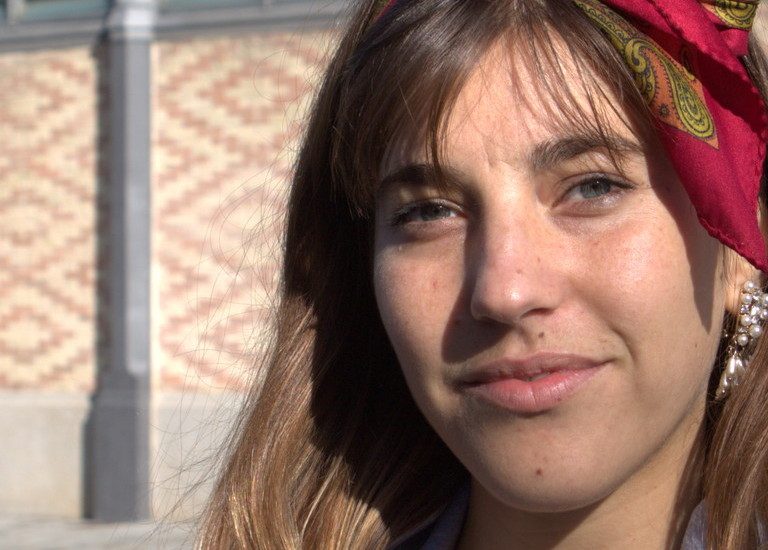Tatiana, Kharkiv/Spain
Every day the battles came closer. Electricity, heating, water were lost. It was impossible to buy food, medicine, gasoline. From the first day, my partner and I were left without a job and a salary.
My name is Tatiana. From the age of 12, I lived in Kharkiv, before that my family lived in Volgograd. My family consists of children, a partner, a mother, and a dog.
I live (lived) on the eastern outskirts of Kharkiv. On February 24, at 5 a.m., I saw on the horizon, where there was a military unit, the glow of a fire, and a column of smoke. Mom came running from the next room: “Is this a war?..”
At first, it seemed that everything was not true. Then the school of the eldest son was blown up. We got into the yard of the kindergarten of the youngest daughter. Now our store is no longer in the area. During the shelling, children began to have panic attacks, the youngest began to stutter, we hid in the basement of our ten-story building.
Every day the battles came closer. Electricity, heating, water were lost. It was impossible to buy food, medicine, gasoline. From the first day, my partner and I were left without a job and a salary. Prices jumped, and we seriously discussed how we would catch stray animals to feed the children. How good that my grandmother, who survived the Battle of Stalingrad, did not live to see this… I remember her stories about eating animals and grass soup.
Friends and neighbors began to flee the city. We had nowhere to run. But when you see fighter jets over your neighborhood, fear takes you and carries you. The last straw was the question of my 8-year-old daughter: “Mom, does it hurt to die?”
On the remains of gasoline, we got to the train station. The center was already bombed that day. We were standing on the platform and didn’t know if he would arrive or not. Trains were served every 3 hours. There were no announcements, it was impossible to go even to the toilet. We managed to get on the fourth train. It didn’t matter where he was going.
That’s how our 7-day evacuation began. Trains, commuter trains, pedestrian crossings. With children, a mom (71 years old), a big dog. Not being able to sleep, wash, eat. We went as far as we could. We are in Spain now.
We were assigned to a town near Valencia, to a social apartment. 11 people and 2 dogs live in five rooms. Spain does not pay benefits. There is no work. But there is shelter and food.
Starting from the border with Poland, we moved and ate only thanks to the help of EU countries and volunteers. They gave out everything: sandwiches, tea, hygiene products, dog food. Travel in Europe was made free for Ukrainians, Europeans shared the Internet so that we could write to our own. Poles gave toys and sweets to children. A dog in Berlin was given a collar, bowls and even bags for collecting excrement. The support is enormous, to the point of tears and a lump in the throat.
We have been in Spain since March 10. I started talking. Before that, I could neither speak nor write nor cry either. The whole body and face seemed to have turned to stone. There was someone else in the mirror, not me. Complete depersonalization.
In social housing, we have a clear order: on Monday, at a meeting, we discuss who and what will cook, cleaning duties are distributed. Last week I washed the bathrooms, this week I’m cooking dinners.
The day starts at 7 a.m., I pick up the kids and take them to school. They study in different parts of the town, so I take turns. After that, I take the dog for a walk, in parallel I conduct a raid on garbage cans. God, it’s a shame to write this, but it is. In Spain, you can find almost everything in the trash. We don’t have Red Cross offices, we don’t have humanitarian aid either, for this we need to go to a bigger city, but the fare is paid, it’s expensive for us. It’s difficult to understand that you, a person with higher education and once stable life, are now digging, looking around, in the trash.
I come home, disassemble the “loot”, erase it. I’m learning Spanish before lunch, it’s going taught. Children are not given homework (or so they tell me). I can’t check: you can’t go to school because of the pandemic, the teacher won’t give you the phone. At school, children communicate on their fingers.
Of course, I want to go home. But the house is bombed, there are no windows, looters could manage, there is no infrastructure either, the territory can be mined. Triggers and my experience of moving at the age of 12, when my mother got married and took me from Volgograd. For many years I dreamed of the streets of my hometown, remembered the smell of the city, the morning Volga, wet sand on the beach. Maybe it will be easier to chop off the roots a second time?
Share This Story:
Nastya Krasilnikova
Nastya Krasilnikova’s channel about women and their rights.
https://www.instagram.com/unsudden/
https://t.me/megabitch



